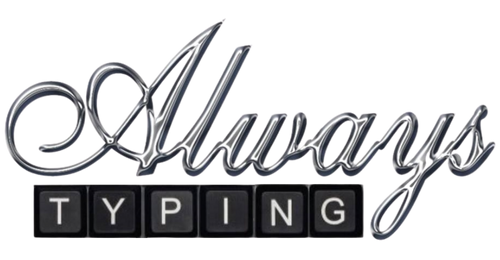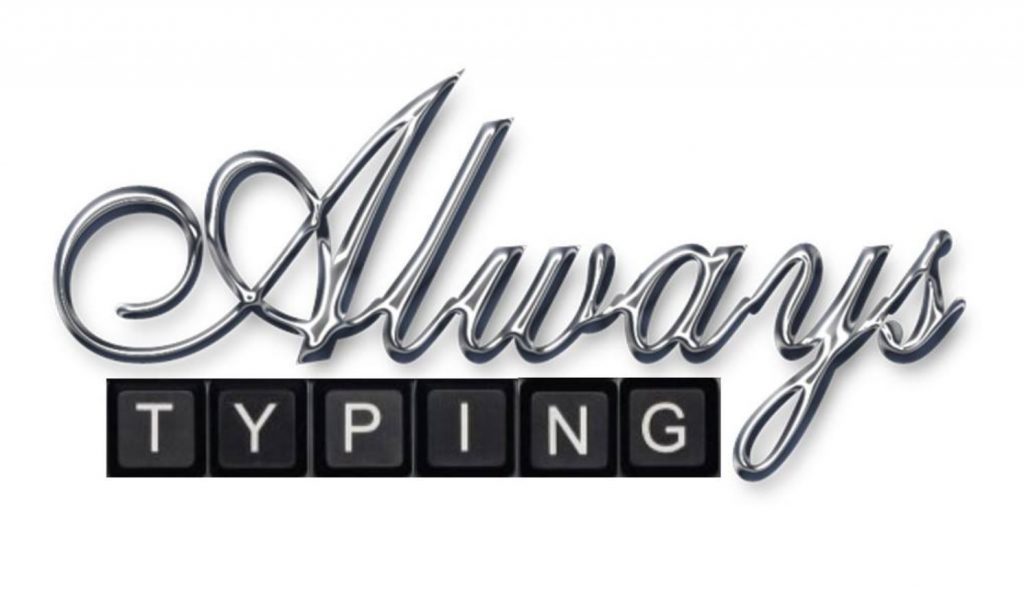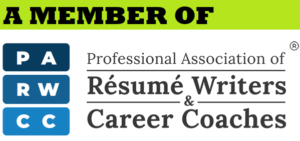People who hire a professional resume writer increase their chances of being hired by 32%. One reason for this is that professional resume writers know how to navigate resume writing rules and the ATS so your resume shines. It’s hard to write a professional resume if you’re wondering should a resume be in the past tense or what sections to include.
A professional knows the tips and tricks to make your resume the best version it can be. However, it’s still important for you to understand the strategy behind a resume. In this article, we cover resume tenses and why they’re important.
Table of Contents
ToggleWhy Is Resume Tense Important?
First, resume tense is important because it lets the reader know if you are currently doing something or if it’s in the past. Using present and past tense throughout your resume helps to weave your story in a compelling way that keeps readers engaged.
Second, it’s a must for consistency. One of the big differentiators between a professionally written resume and one that is not is consistency. Using the same tense for each section is a must to make your document as professional as possible.
Should a Resume Be in the Past Tense?
There are many debates about what tense a resume should be in. Some people wonder “should I use past tense in my resume?” while others contemplate “shouldn’t my resume be in the present tense?” The answer is…you should use both.
Writing a resume is a strategic process where you target your next job while also highlighting your accomplishments and strengths. So, it makes sense that you would use past tense for your previous jobs and accomplishments. This is because they have already happened and aren’t a current or ongoing part of your career.
Example Past Tense Verbs
Here is a list of common past tense verbs used in resumes:
- Managed
- Maintained
- Oversaw
- Led
- Directed
- Conceptualized
- Organized
- Coordinated
- Planned
Of course, there are many more. A professional writer can help you to diversify the language used in your document so it isn’t repetitive or boring to read.
When Should a Resume Be in the Present Tense?
On your resume, the current job tense is always present. This is because you are currently and actively completing these functions. However, when writing the accomplishments for this section, you must use the past tense.
For example, if you won an award three years ago, it wouldn’t make sense to have it in the present tense. It’s completed at this point and is a part of your past.
Additionally, when writing a professional summary for the top of the resume, you should use the present tense. This is where you communicate your value and strengths, so it should be current.
Example Present Tense Verbs
Here are a few present tense verbs used commonly in resumes:
- Direct
- Improve
- Advise
- Reduce
- Strategize
- Collaborate
- Supervise
- Train
- Prioritize
This list is not exhaustive. It’s best to use as many different verbs as you can throughout your resume.
Present Tense Resume Example
For those interested in seeing present tense verbs in action, here is a short example:
Direct daily operations for team of 15 while defining strategies and business plans. Lead team in executing projects, initiatives, and recommended upgrades. Arrange weekly meetings to discuss progress and brainstorm new ideas. Collaborate with leaders to plan various events to increase customer and employee engagement.
Past Tense Resume Example
And here is the past tense example:
Oversaw talented team of 30 in delivering large-scale projects to improve processes, systems, and procedures. Partnered cross-functionally with departments to execute strategies and plans focused on operational excellence, cost savings, and business expansion. Slashed expenses by implementing internal controls and budget procedures.
Mixed Tense Resume Example
A mixed-tense example would be a present role with accomplishments. For example:
Lead daily functions while supervising all accounts receivable and payable activities. Reconcile accounts, identify discrepancies, and consolidate accounts. Monitor internal controls and expenses to maintain profit margin.
- Saved $500K in annual costs by eliminating external payroll firm and moving functions in-house.
- Spearheaded improvement project to assess accounting controls and processes, identify areas for improvement, and recommend changes to executive leadership.
As you can see, the paragraph explaining the daily functions is in the present tense. This area includes activities you do every day or on the regular. The accomplishments are achievements you have already completed, so they are in the past tense.
Why You Shouldn’t Use Plural or Gerund
Your resume is written in first-person, with an assumptive “I” at the beginning of each sentence. When you start each sentence with a verb, it should be singular. Adding -s, -es, or -ing to the verbs, in the beginning, can throw off the entire resume strategy and how it reads. Adding an ending to verbs throughout a sentence is okay, like in the examples above.
The reason for this is that you want your resume to read like you are speaking directly to the person looking at it. “I managed this” or “I directed that.” It doesn’t make sense to include -s because you wouldn’t say “I manages this” or “I directs that.”
Get Help Today Writing Your Resume
This article answers the question “should a resume be in the past tense?” We hope you have a better understanding of when to write your resume in past or present tense.
We know it is confusing at times to know all the resume writing rules. That’s why we are here to help! Don’t spend your time wondering what tense to use in your resume, leave it to the professionals. Contact us today to get started on your new career path.




